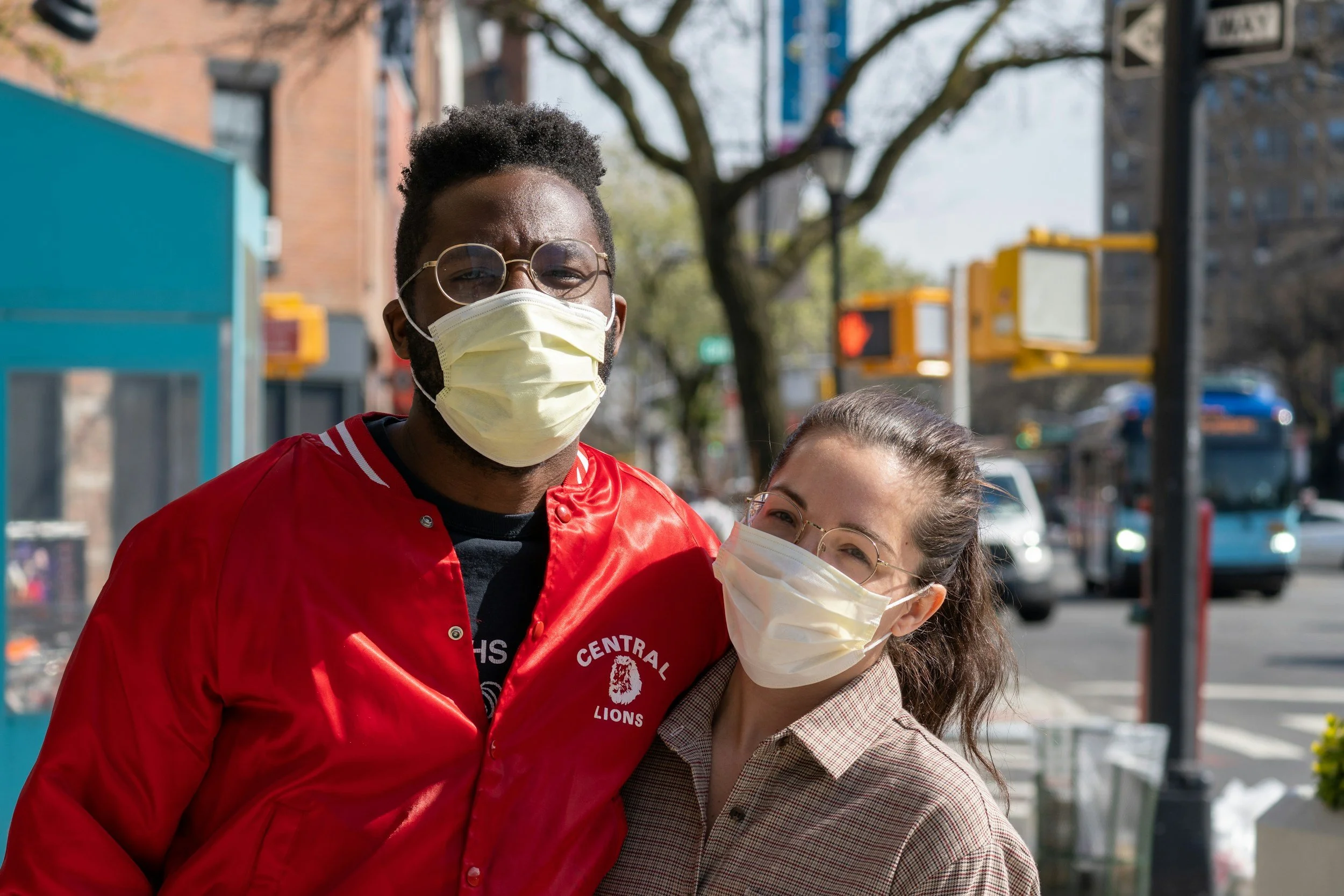
The Long Road Back: Integrating back into life as the pandemic shifts
We are quickly approaching the anniversary of COVID 19 in the US and its lasting impact on the American psyche. #themoment is trending. Naturally, a lot of feelings are coming up. Anniversaries are typically a time for reflection, and this is no different. Where were you this time last year? What were your dreams or plans for 2020? What did you have to give up? A lot? A little? Most of it? All of it?
